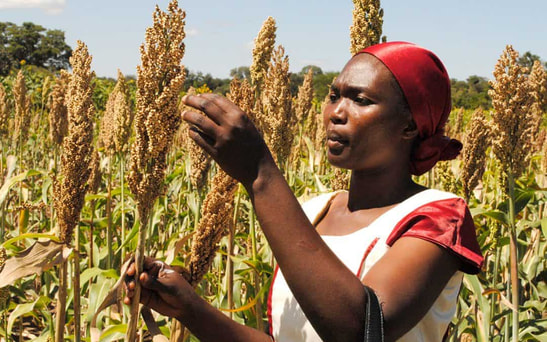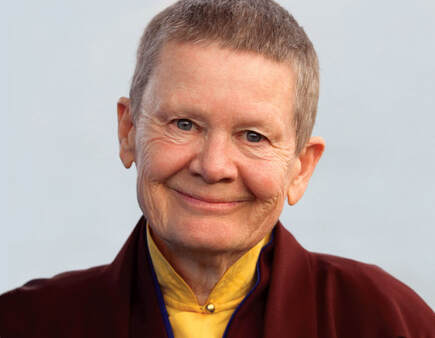This blog post is by Jason Davis, director of Climate Stories Project.In the 2018 Yale Study Climate Change and the American Mind, researchers found that only 6% of Americans believe that we can and will take the needed actions to prevent the climate crisis. This finding is, to say the least, discouraging. We can’t confront climate change without a vision for a better future, or for reimagining our relationship with the biosphere. Without question, urgent action is needed—we are decades behind schedule in tackling climate change. In May 2020, global atmospheric levels of carbon dioxide reached 417 parts per million, continuing an inexorable upward trajectory despite a brief dip caused by worldwide Covid-19 shutdowns. Those of us paying attention are understandably terrified that nothing resembling an adequate response to this crisis is even on the table. However, we should take a step back to examine what it means to “take the needed actions” to prevent the climate crisis. There is no silver bullet. Climate action can take many forms, such as trading a gas guzzler for a Prius, voting for responsible elected officials, taking part in a climate protest, installing solar panels on your roof, or a national government following through with promised greenhouse gas emission reductions. Taking action on climate change also means community adaptation: building sea walls, planting drought-resistant crops, or improving emergency services in front-line communities. Sometimes climate action is action in the most drastic sense: forced migration, or community abandonment because of drought or rising seas. Is sharing our climate stories a form of action? We may think that climate action only means doing things—making concrete changes in the outer world—but effective climate communication, and climate storytelling, is required for the needed realignment in how we relate to each other and the climate crisis. Furthermore, talking and listening about climate change creates the needed space to make effective decisions about what action means for individuals, communities, and governments. Climate action can also be inner action to come to terms with our own climate stories. In her 2019 book Welcoming the Unwelcome, American Buddhist nun Pema Chödrön emphasizes the need to embrace painful truths, whether on a personal or societal level, before effective action can be taken. She argues that if we want to be activists, we need to face our own inner challenges and our own pain so we can engage in action with a clear head. In this sense, any form of successful outward action to confront climate change is balanced by inner acceptance and wisdom, which can be fostered by climate storytelling. Climate storytelling also makes climate change “real.” Research has shown that a significant barrier for greater societal engagement with climate change is that many people do not relate to climate change as an issue that affects them personally. One of the most effective strategies to developing greater engagement with climate change is recognizing how the crisis threatens personal “objects of care” such as National Parks, local agriculture, vibrant communities, or more abstract objects such as future generations or animal species. articulating and communicating our emotional connections with these “objects” gives rise to a deeper commitment to take part in meaningful action to confront climate change.
In short, climate storytelling is a right-sized, approachable, and gratifying action for many people. While it doesn’t negate the need for political organizing, climate storytelling is accessible to anyone regardless of age or geographic location. And unlike lifestyle changes, storytelling directly connects us to our neighbors and wider community while moving us away from the individualist, consumer mindset that is a prime driver for the climate crisis. With this understanding, encouraging friends and family to connect with their objects of care through climate storytelling is one of the most effective actions we can take.
3 Comments
|


 RSS Feed
RSS Feed